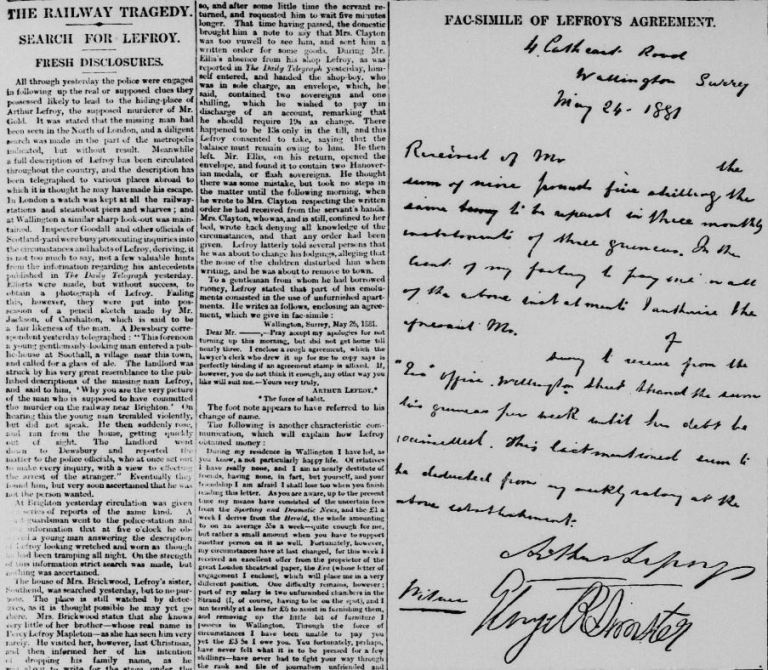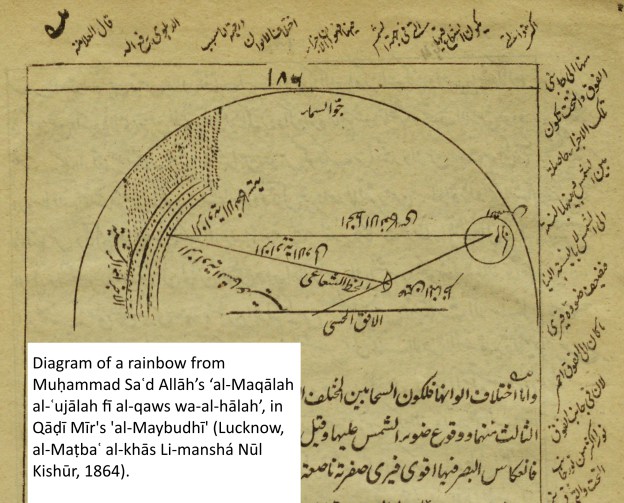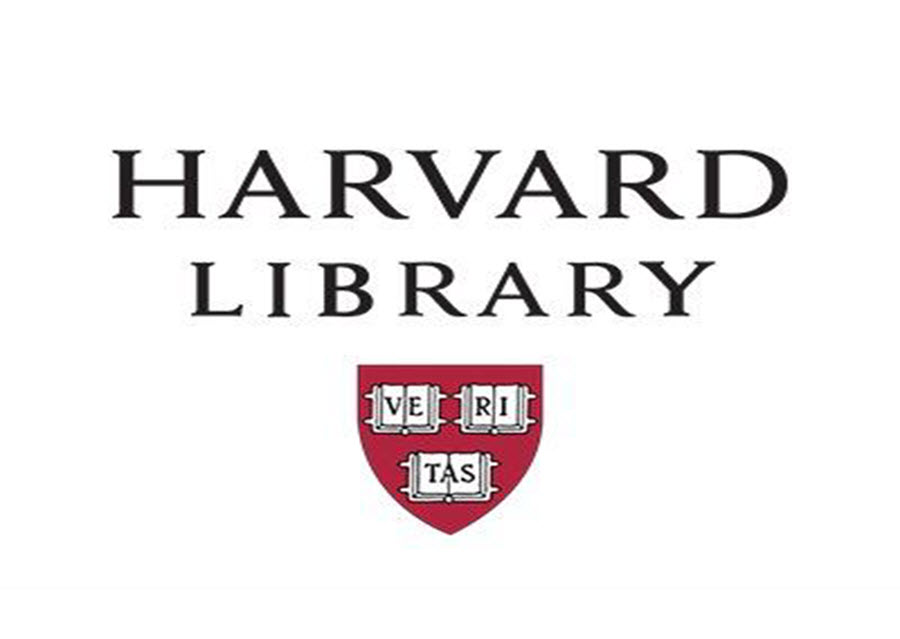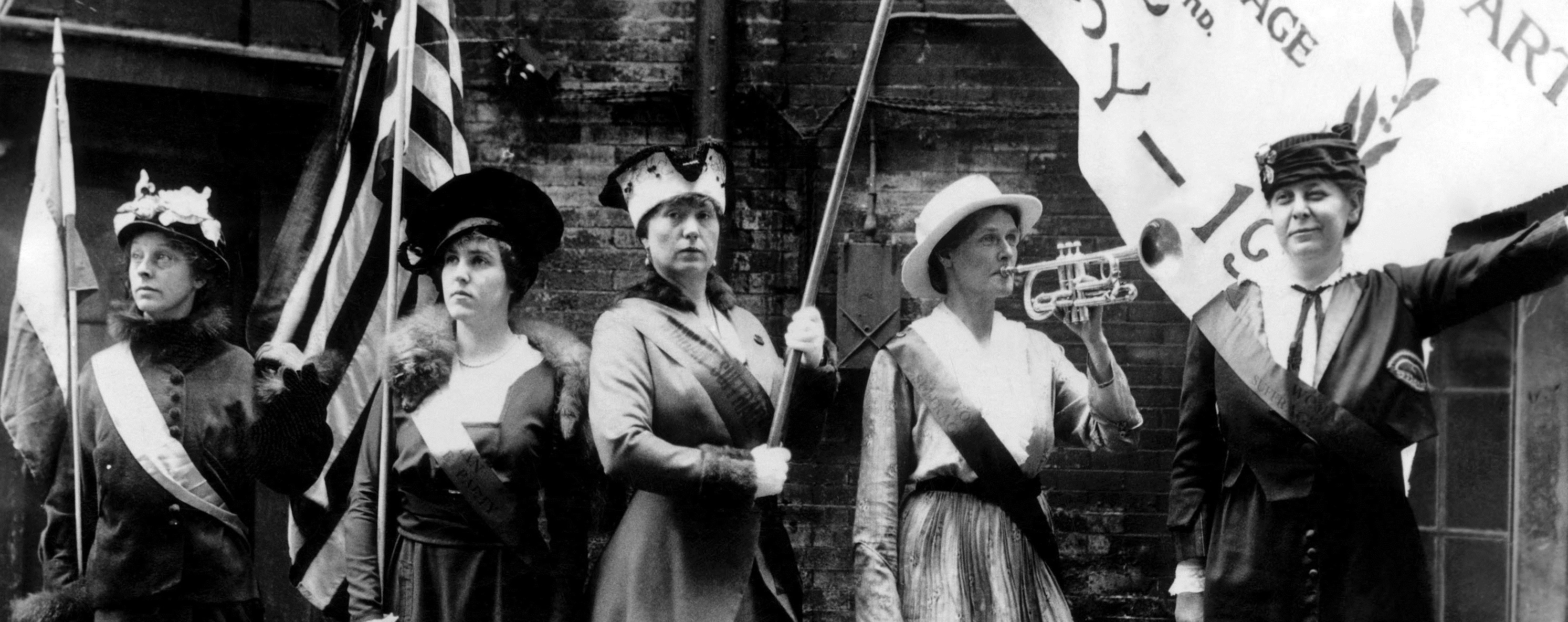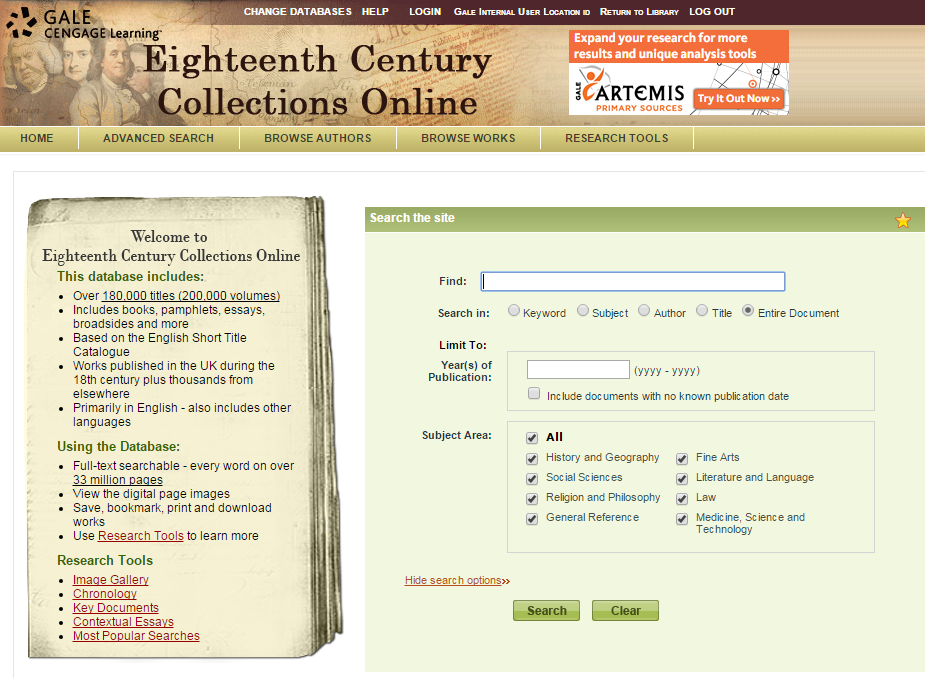Posted on June 2, 2016
By Debra Kirby
Since ancient times refugees have fled their homes and countries because of war, famine, natural disaster, and religious and racial persecution and genocide, often risking their lives and the lives of their children in search of safe haven. The current Syrian refugee crisis is only the latest in a string of similar tragic human events that has occurred in every corner of the world.
In the aftermath of World War II in response to the atrocities committed during that conflict, the Universal Declaration of Human Rights was issued by the United Nations, which recognized the right of persecuted people to seek asylum in other countries. The United Nations also established the IUN International Refugees Organization (IRO), which provided assistance to some 1.5 million European and Asian World War II refugees. Though it was disbanded in 1951, it was replaced by the United Nations High Commissioner for Refugees (UNHCR), which continues to provide such assistance and which established the first World Refugee Day on June 20, 2001 – now an annual event observed by more than 100 countries throughout the world.




